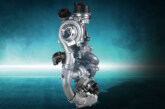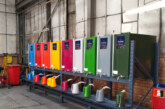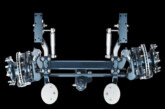What’s the importance of DPF cleaning?
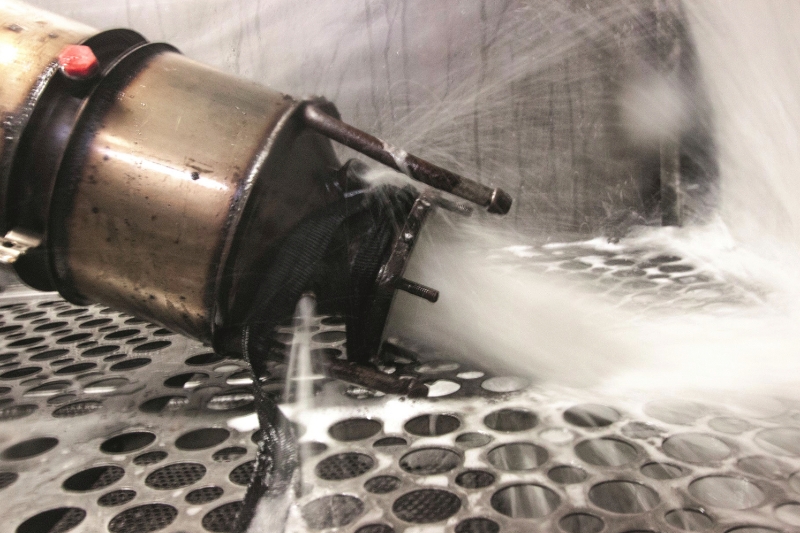
Reman experts, Ivor Searle, suggests that DPF cleaning as preventative maintenance helps customers avoid unnecessary repairs. Here it explains why.
With issues such as cost reduction and sustainability high on the agenda for businesses, it’s no surprise that companies large and small are looking closely at ways of minimising the running costs of their van fleets.
Among the major companies that we are helping to bring about positive change is one of the world’s largest fleet management companies. Aligning with our philosophy on the benefits of a circular economy, which promotes the sustainability and cost benefits of remanufacturing, rather than replacement of OE major units such as engines and gearboxes, this fleet provider operates a proactive ‘predict and prevent’ approach.
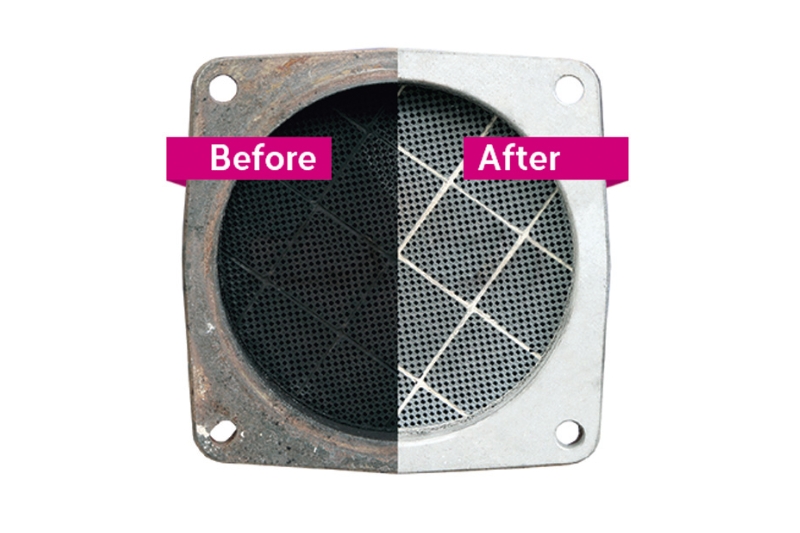
Longer life
Turning the traditional ‘break and fix’ model of fleet maintenance on its head, its preventive maintenance programme enables fleet customers to control costs, avoid unnecessary repairs and minimise downtime. The use of data helps to identify trends in specific component failures, so that the company can work with customers to navigate potential failures across similar vehicles.
While the idea of preventive maintenance may be seen by some van users as optional, Ivor Searle has helped to prove that, by investing in this approach as a commercial necessity, businesses can not only cut their costs but also go a long way to reducing their carbon footprint.
Although more obvious services such as regular oil and filter changes will extend the life of a vehicle, for diesel-powered vans that make up the bulk of the UK’s LCV parc, diesel particulate filter (DPF) maintenance is a major contributor to extending vehicle life expectancy. The longer a van can remain in service, the less funding is required to pay for replacement vehicles, which is good for a company’s budget.
As well as providing an all-makes programme of engines and manual gearboxes for LCVs, Ivor Searle also offers a professional trade only DPF cleaning service for workshops. During an 18-month period, one of our major fleet clients has saved its van user customers nearly £77,000 by using Ivor Searle’s DPF cleaning service. The saving is based on an average DPF replacement price of £772 per vehicle, the majority of which are fitted to vans.
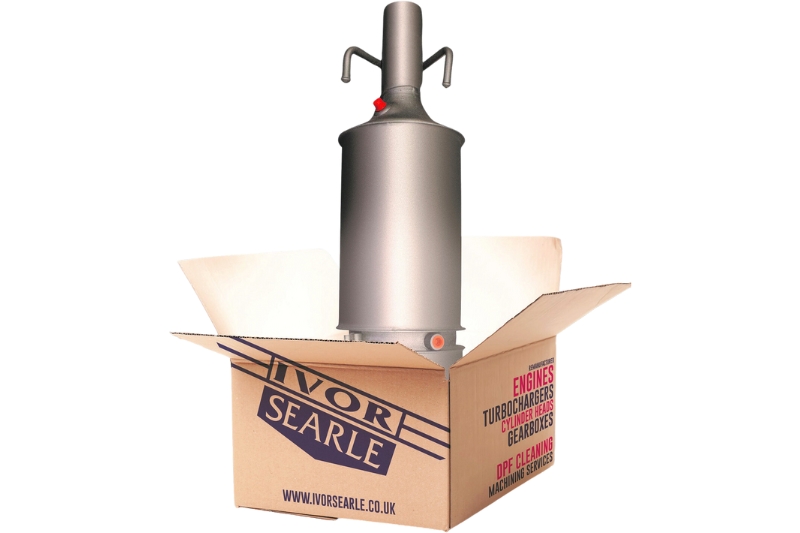
DPFs work by trapping soot particles from incomplete combustion in the exhaust system. The DPF is structured like a series of honeycomb filters that prevent the soot passing all the way through the filter into the atmosphere. Although DPFs are designed to effectively self-clean in a process called regeneration where the soot is burnt off the filter at a high temperature of around 650°C, this is only effective when travelling consistently at moderate to high engine speed. However, if a vehicle is frequently used to travel short distances and then switch off, such as delivery vans, then it is unlikely to produce the exhaust temperature required to enable regeneration, resulting in excessive soot build up and a continual reduction in vehicle performance.
Utilising flash cleaning technology, Ivor Searle’s environmentally friendly process delivers industry-leading levels of cleanliness by removing all soot deposits, including PM10 particles, cerium oxide deposits and oil residues from the DPF.


